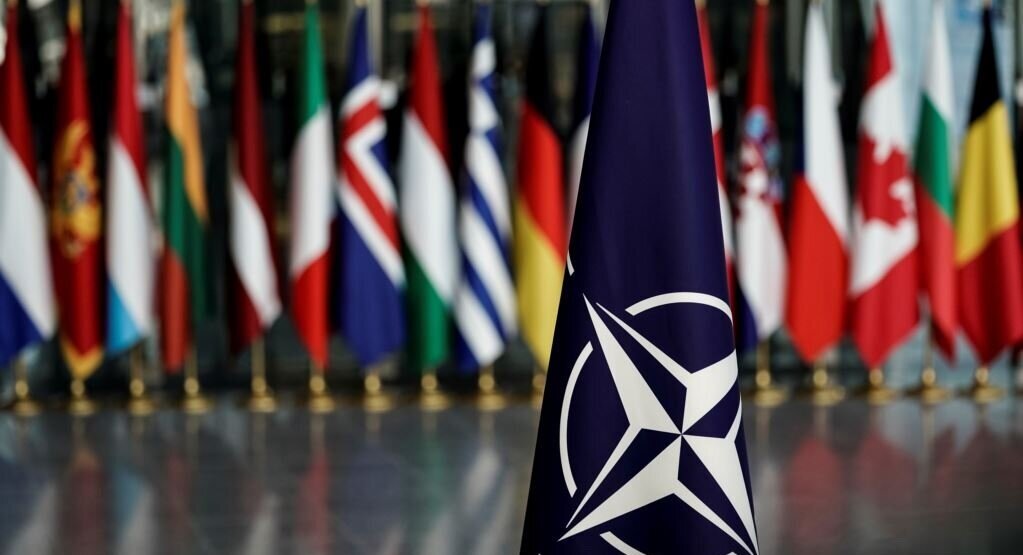The global rise of authoritarianism is a pressing strategic problem for the United States and its like-minded allies. Chinese and Russian authoritarianism threaten the liberal order from without. Simultaneously, democratic backsliding in the U.S. and Europe undermines liberalism from within. The nature of these twin aspects of authoritarianism requires a joint response able to support and strengthen the liberal order against disintegration. This response must include a more expansive approach to countering the authoritarian warfare occurring below the traditional threshold of armed conflict.
#Reviewing Shields of the Republic
The generation living in the aftermath of World War II understood the value of these structures intrinsically. The most effective and efficient way to protect the American homeland and the economy was through global engagement and forward defense. Today, the barriers between nations and empowered subnational actors continue to shrink in the midst of a peacetime international system that is increasingly dominated by competition and coercion between great powers.
Why the Military is the Wrong Tool for Defending Western Society
Napoleon’s advantage was created by a change in the sociopolitical environment. It could be argued a similar change in the nature of society and politics has been occurring in the West in the period since World War I. The more recent sociopolitical change occurred among the Western industrial nations over the last century and involved a shift towards individualism. It allowed liberal democracy to become the standard form of Western government. It created a New World Order that allowed for organizations like the EU that would have been unheard of in nineteenth-century Europe.
#Reviewing American Power & Liberal Order
Overall, American Power is a policy framework that is easy to read and yet full of substance. It bridges the gap between intellectual and practical policy. And while there is nothing necessarily revolutionary about the framework, it hammers home the United States’ role in the world as a promoter of democracy and the liberal order. I am in agreement with Miller that democracy promotion and the liberal order will always be in the United States’ interests.





